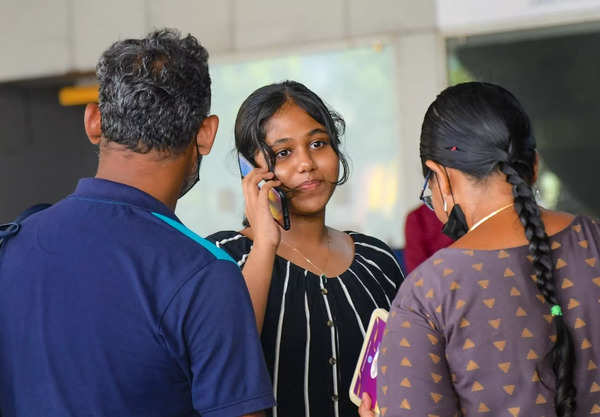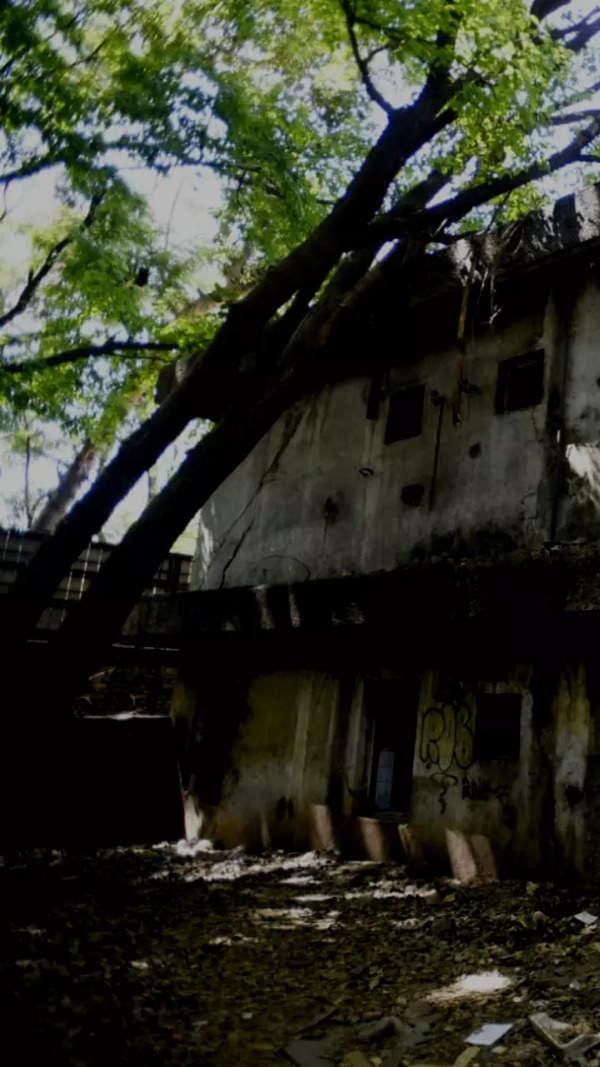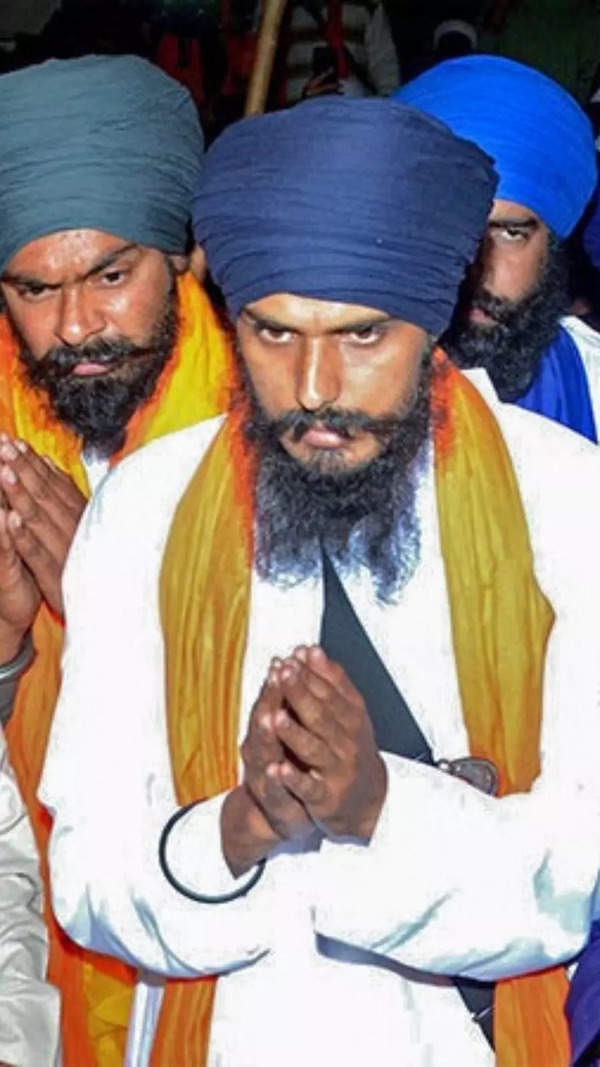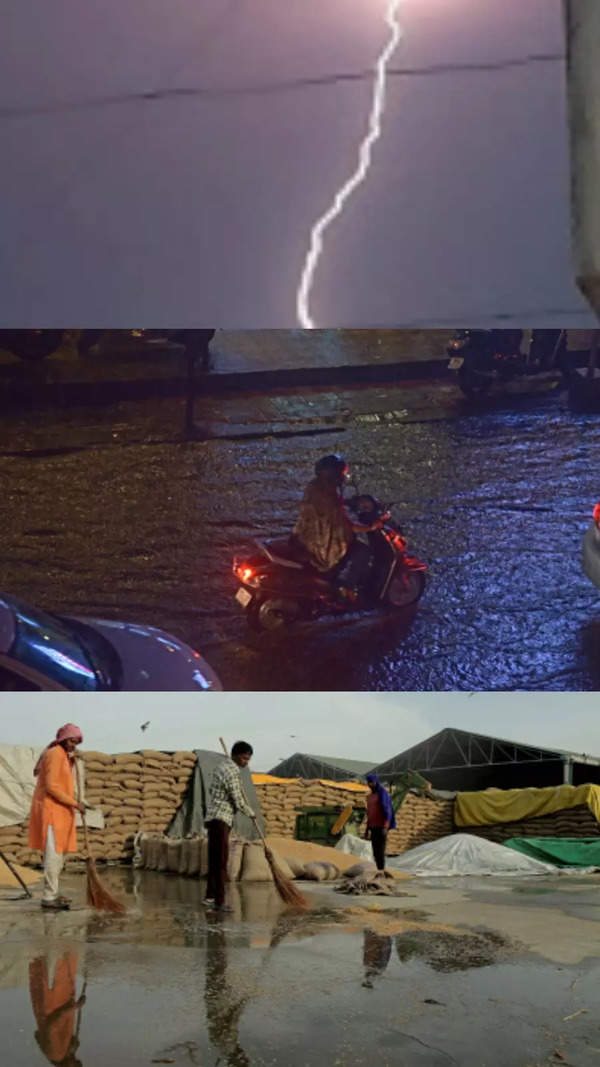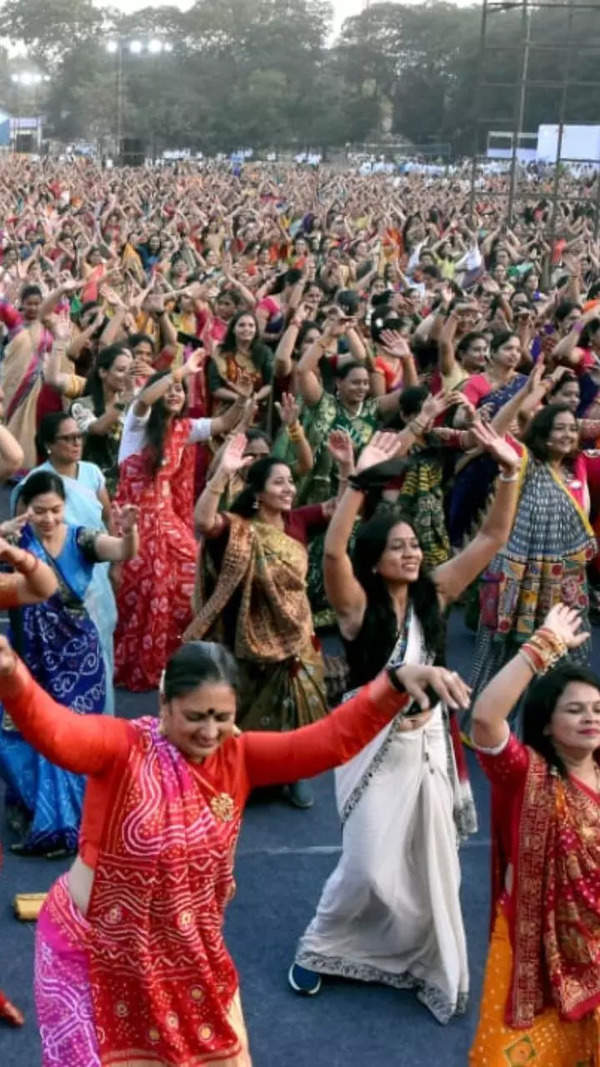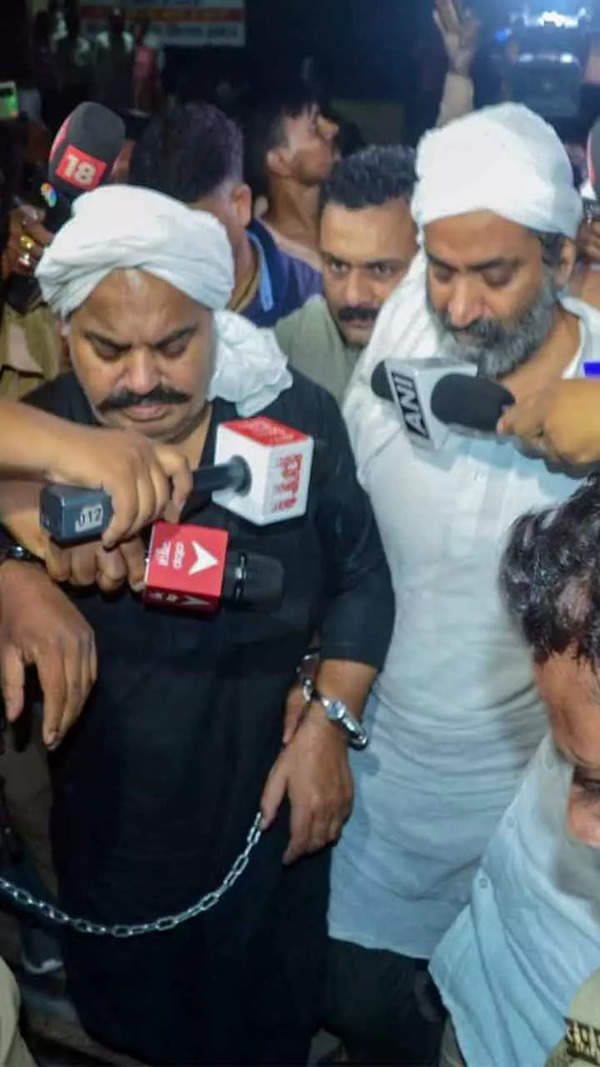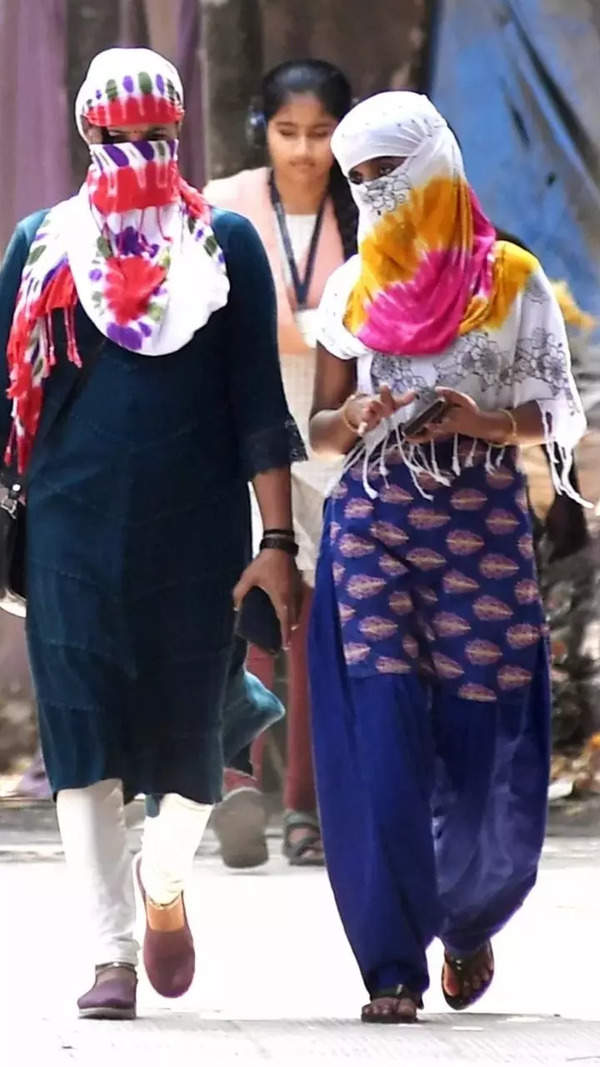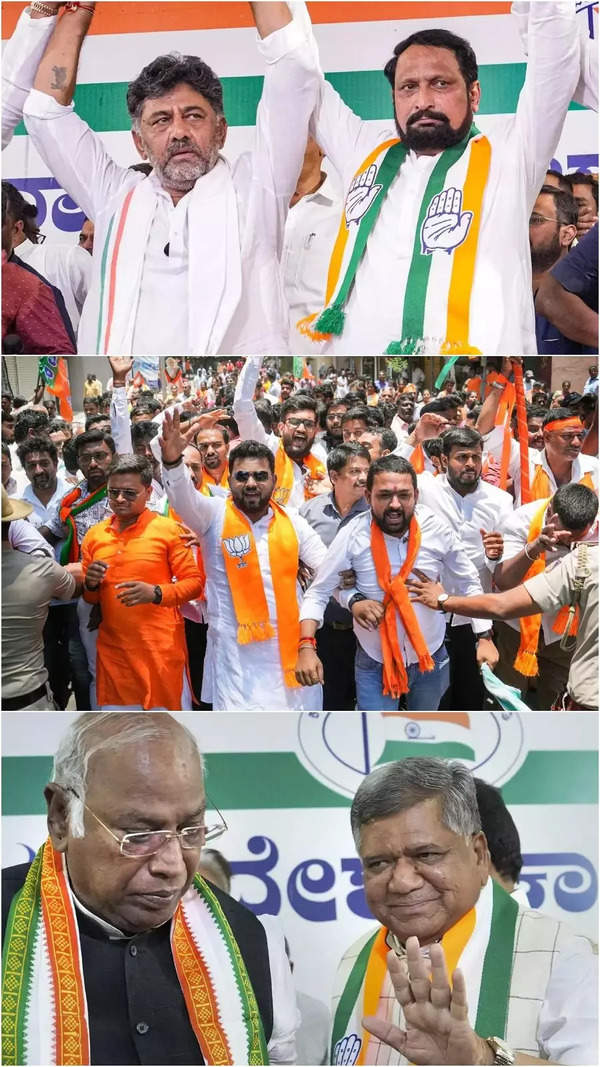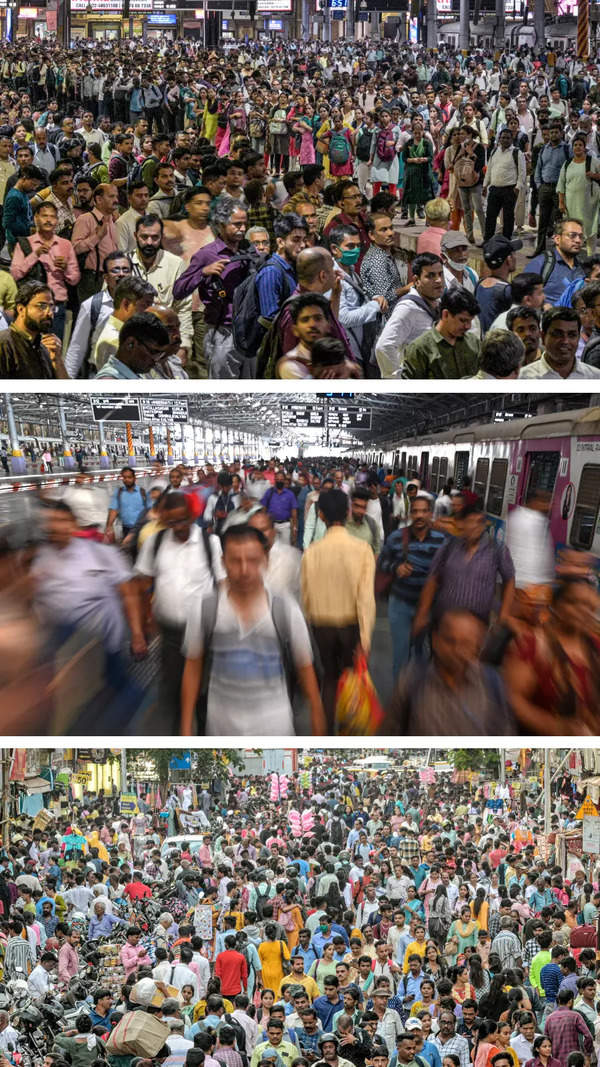- News
- City News
- ahmedabad News
- Defamation case not serious, courts erred in judgments: Rahul Gandhi's lawyer
Trending Topics
Defamation case not serious, courts erred in judgments: Rahul Gandhi's lawyer
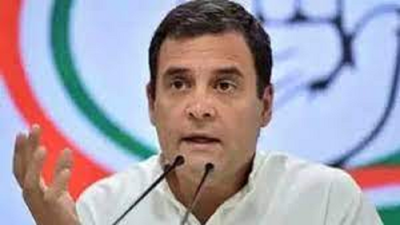
Rahul Gandhi
AHMEDABAD: As the Gujarat high court on Saturday began a hearing on Congress leader Rahul Gandhi's plea seeking a stay on his conviction in the Modi surname defamation case, his counsel asserted that this was not a serious case that was unnecessarily disqualifying him from contesting elections for eight years.
Gandhi's advocate, Abhishek Manu Singhvi, pleaded for a stay on the conviction in a case that is "neither serious in nature nor of moral turpitude" and is a "non-cognizable and bailable offence", the state government asserted that Gandhi's offence was of a serious nature and the complainant, Purnesh Modi, questioned the maintainability of Gandhi's application claiming that the plea was filed under the wrong provisions of the law.
After a sessions court in Surat refused to stay the conviction recorded on March 23 by a magisterial court while sentencing him to the maximum permissible punishment, imprisonment for two years, Gandhi moved the HC. After Justice Gita Gopi's recused herself from the case, Justice H M Prachchhak heard it.
When Singhvi argued that Gandhi is facing irreversible damage, losing his seat in Parliament and disqualification, the judge commented that greater duty is cast on him towards the people at large, and he should make statements within limits.
The lawyer stressed much on the consequences of the conviction and submitted that Gandhi's political career is at stake. He said the conviction could be reversed in the future, but after losing a place in the Parliament and if re-election is announced for the Wayanad constituency in Kerala, the acquittal would be a "hollow victory" for Gandhi.
For Gandhi, it was submitted that the trial court committed errors in its judgement because there is no identifiable class of people, when it came to his Modi comment. There are 13 crore people falling under castes and sub-castes that the complainant claimed, and anybody can sue him. The people mentioned by Gandhi have not objected and others did not have locus.
Singhvi pointed out lacunae in the lower courts' judgments as the Supreme Court's admonishment to Gandhi took place in November 2019, but the court mentioned it as if he was already put on alert.
Claiming the trial was vitiated, he argued that the court practically did not conduct an inquiry under Section 202 of the CrPC. It summoned Gandhi without prosecutable evidence and convicted him without admissible evidence as there was no evidence under the Evidence Act and the IT Act with regard to Gandhi's speech made in Kolar in Karnataka in April 2019. Even the certificate under Section 65B of the Evidence Act to authenticate the video material was not tampered with was not produced. He also questioned a witness named Yaji, who furnished the CD containing Gandhi's video after obtaining it from the Election Commission.
Singhvi questioned the locus of the state to oppose Gandhi's plea and said Purnesh Modi's insistence on opposing it at this stage is to see that Gandhi remains disqualified and these efforts bring the matter into the "political sphere". The judge asked the public prosecutor to make submissions on the provisions under which Gandhi's plea has been filed. Later, Modi's counsel, Nirupam Nanavati, submitted that Gandhi could not have filed his plea under multiple provisions and hence his plea was not maintainable.
Justice Prachchhak asked the parties to make final submissions on Tuesday, "I will complete this matter as I am going out of India on May 5."
Gandhi's advocate, Abhishek Manu Singhvi, pleaded for a stay on the conviction in a case that is "neither serious in nature nor of moral turpitude" and is a "non-cognizable and bailable offence", the state government asserted that Gandhi's offence was of a serious nature and the complainant, Purnesh Modi, questioned the maintainability of Gandhi's application claiming that the plea was filed under the wrong provisions of the law.
After a sessions court in Surat refused to stay the conviction recorded on March 23 by a magisterial court while sentencing him to the maximum permissible punishment, imprisonment for two years, Gandhi moved the HC. After Justice Gita Gopi's recused herself from the case, Justice H M Prachchhak heard it.
When Singhvi argued that Gandhi is facing irreversible damage, losing his seat in Parliament and disqualification, the judge commented that greater duty is cast on him towards the people at large, and he should make statements within limits.
The lawyer stressed much on the consequences of the conviction and submitted that Gandhi's political career is at stake. He said the conviction could be reversed in the future, but after losing a place in the Parliament and if re-election is announced for the Wayanad constituency in Kerala, the acquittal would be a "hollow victory" for Gandhi.
For Gandhi, it was submitted that the trial court committed errors in its judgement because there is no identifiable class of people, when it came to his Modi comment. There are 13 crore people falling under castes and sub-castes that the complainant claimed, and anybody can sue him. The people mentioned by Gandhi have not objected and others did not have locus.
Singhvi pointed out lacunae in the lower courts' judgments as the Supreme Court's admonishment to Gandhi took place in November 2019, but the court mentioned it as if he was already put on alert.
Claiming the trial was vitiated, he argued that the court practically did not conduct an inquiry under Section 202 of the CrPC. It summoned Gandhi without prosecutable evidence and convicted him without admissible evidence as there was no evidence under the Evidence Act and the IT Act with regard to Gandhi's speech made in Kolar in Karnataka in April 2019. Even the certificate under Section 65B of the Evidence Act to authenticate the video material was not tampered with was not produced. He also questioned a witness named Yaji, who furnished the CD containing Gandhi's video after obtaining it from the Election Commission.
Singhvi questioned the locus of the state to oppose Gandhi's plea and said Purnesh Modi's insistence on opposing it at this stage is to see that Gandhi remains disqualified and these efforts bring the matter into the "political sphere". The judge asked the public prosecutor to make submissions on the provisions under which Gandhi's plea has been filed. Later, Modi's counsel, Nirupam Nanavati, submitted that Gandhi could not have filed his plea under multiple provisions and hence his plea was not maintainable.
Justice Prachchhak asked the parties to make final submissions on Tuesday, "I will complete this matter as I am going out of India on May 5."
Start a Conversation
FOLLOW US ON SOCIAL MEDIA
FacebookTwitterInstagramKOO APPYOUTUBE

